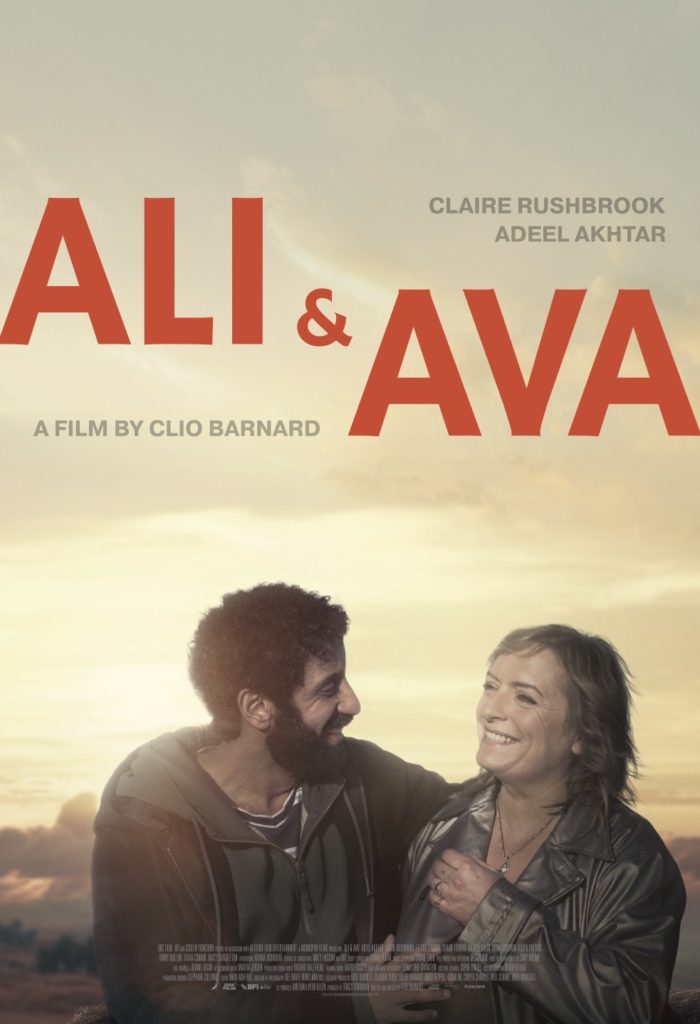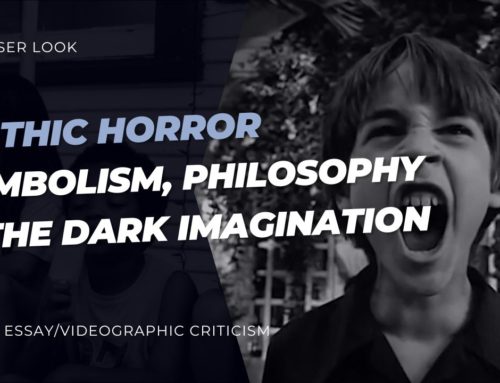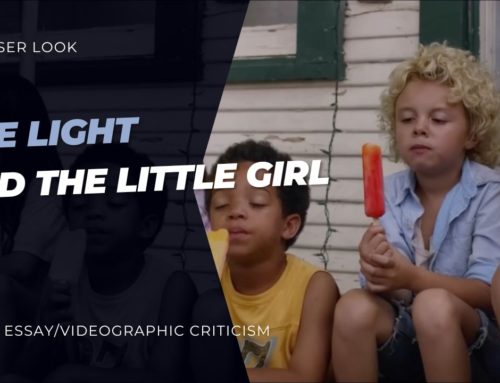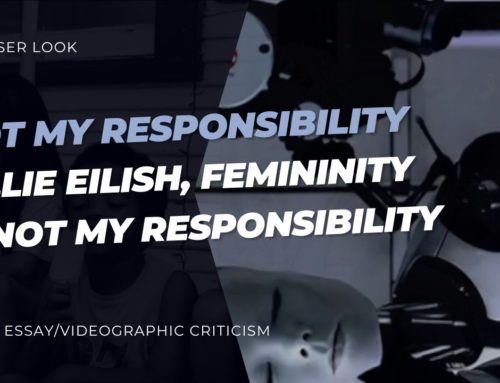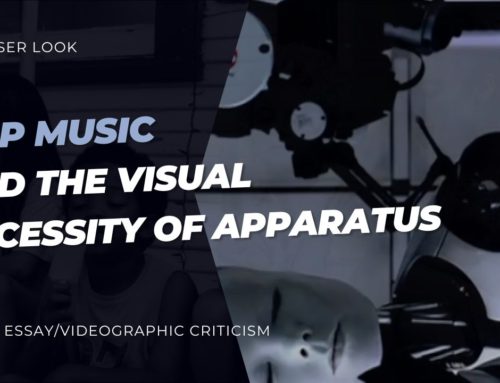Realism meets romance in Clio Barnard’s refreshing love story.
Nominated for two BAFTA’s (Outstanding British Film and Best Actor), Ali & Ava is the centrepiece of Making Waves Film Festival 2022. Written and directed by Clio Barnard, this contemporary romance is a bold move for one of Britain’s most talented and original filmmakers.
Barnard has earned widespread critical acclaim and multiple awards for The Arbor (2010), The Selfish Giant (2013) and Dark River (2017). Exploring dark and tragic themes across post-industrial and rural Yorkshire with a mix of professional and non-actors, her cinematic social realism and poetic naturalism has been compared to Ken Loach and Lynne Ramsay. Ali & Ava, a feel-good romance, might seem a surprising follow up.
Ali & Ava meet in the rain. Ali is a happy-go-lucky landlord who occasionally gives his tenants’ daughter Sofia a lift to school. Ava is Sofia’s classroom assistant. Ali & Ava’s first encounter is fleeting, little more than a glance. Their second is a rain-drenched journey across Bradford as Ali offers reluctant Ava a lift home. Add a frisson of sexual tension and we have a classic meet-cute. Sounds like the start of a romcom? It is… sort of.
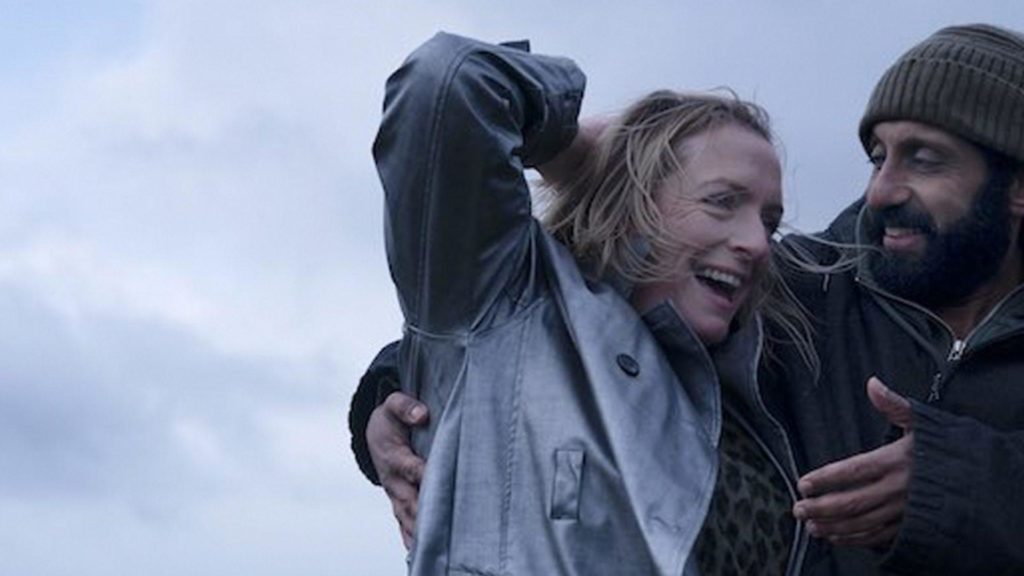
Adeel Akhtar’s Ali and Claire Rushbrook’s Ava are the eponymous star-crossed lovers embarking on a secret romance. A Bradford-born DJ and landlord, Ali lives in the predominantly South Asian neighbourhood of BD3 with his estranged wife Runa. He is determined to keep their separation hidden from his Bengal British Muslim family.
Ava is a teaching assistant from an Irish Catholic family. A widow whose husband was an abusive bully, she lives in the white working class neighbourhood of BD4. Her house is always open, a revolving door of children and grandchildren.
Ali loves dance music and when Ava shares her love of folk and country he thinks their friendship is over before it has begun.
“Oh that’s it, that’s it for me,” he says jokingly offering to pull the car over.
But this is a love story and it’s not long before Ali is dancing on the sofa to Sylvan Esso’s Radio next to Ava singing along to Karen Dalton’s Something On Your Mind: a headphone disco for two. It’s an extraordinary scene, a worthy addition to any list of all-time-great-romantic-movie-moments.
Of course, once upon a time comes before happy ever after and Barnard’s middle-aged protagonists have plenty of obstacles to overcome. Ava’s son Callum is fiercely opposed to her new relationship and chases Ali from the house while wielding a sword. Ali is still desperately in love with his first wife who longs for him to reveal their separation to his family. Ava still struggles with the memory of her abusive partner. Thinking he’s having an affair, Ali’s sister accuses him of running around with a “gori (white) chav.”
The history of romance in film has been rocky to say the least. With the great love stories consigned to the 20th century golden age of cinema, for many the genre is now synonymous with “fluff,” “melodrama,” and “clichés.” It is interesting then to note that Ali & Ava marks an evolution, not a departure, from the sombre reflection of Barnard’s early work. While Barnard treads fearlessly onto romantic ground with Ali & Ava, she retains her trademark social realism.
“If you’re brave enough to climb up, you’ve got to be brave enough to climb down,” says Ava with practised patience to Sofia who gets stuck on the school climbing frame.
If you’re brave enough to show the love, you’ve got to be brave enough to show the pain. Such is the thesis of Ali & Ava. While the film leans into pain and trauma, it never dwells. Romance is tempered with reality and, in Barnard’s words, “joy becomes an act of defiance”. Nowhere is this clearer than when a group of schoolchildren throw stones at Ali’s car as he drives Ava home. Ali quickly wins them over by turning up the stereo in his car and encouraging them to sing and dance along.
As Ali & Ava cultivate space for love in their complicated lives, it becomes apparent that love is a choice. It doesn’t negate the pain, it isn’t a miracle cure. Sometimes choosing love is the more difficult choice. Barnard reminds us it’s the right one.
After all, she chose love when she decided to make a diagetic romantic musical set in Bradford. With its euphoric soundtrack, Ali & Ava is a love letter not just to its titular characters but to the city. Bradford is beautifully shot by Judy cinematography Ole Birkeland with twinkling lights, less a post-industrial wasteland waiting for the Conservatives to level up the North; more a city of hope. Unlike most romantic films the central couple don’t exist in a vacuum and neither does the film. As Ali and Ava are woven into the fabric of their community so is Barnard’s filmmaking, inspired by, made with and for the people of Bradford.
It feels important, during a time of divisiveness fuelled by politicians, Brexit polls and world events, to celebrate love and kindness. To be reminded that within the ordinary everyday we can find the most extraordinary capacity to love.
Yes, Ali & Ava is a love story. It’s also more than that. With exquisite writing, sensitive direction and mesmerising performances, Barnard’s film reminds us that the language of love is universal. More than ever we need a language we all speak to connect us and although happy ever after might not be guaranteed (no spoilers here), once upon a time is today. Love is a choice.
Making Waves Film Festival will present a special screening of Ali & Ava preceded by a Wave Makers Q&A with Score Composer Harry Escott, winner of the Best Music British Independent Film Awards 2021. Thursday 21 April at 7pm, No 6 Cinema, Portsmouth. Book online via No 6 Cinema.
By Sophie Thomas
